 The shocking events of violent extremism witnessed in the past few days in France truly puts under the spotlight the threat posed by fanatics who basically lack a sense of humour. Humour is our most subversive weapon in the fight against absolutism.
The shocking events of violent extremism witnessed in the past few days in France truly puts under the spotlight the threat posed by fanatics who basically lack a sense of humour. Humour is our most subversive weapon in the fight against absolutism.
Surely one of our most critical human attributes is a sense of humour, the ability to laugh at our own seriousness and pomposity, ‘taking the piss’ out of politics, religion, sexuality, death – no topic should be off limits. That inability to laugh makes the savage murder of the Charlie Hebdo cartoonists such a loss of talent and a tragedy.
Front and centre in the resistance to intolerance are creative cartoonists and Australia fortunately has its own proud tradition. Imagine life without cartoonists like Bill Leak, Alan Noir, Peter Nicholson, Geoff Pryor, Cathy Wilcox, Mark Knight, Bruce Petty and of course Michael Leunig. We all have our own favourites and we need these creative artists to poke fun at political and religious pomposity.
Ayaan Hirsi Ali Somali-born American (formerly Dutch) activist, writer and politician said in a recent interview:
“In Islam, it is a grave sin to visually depict or in any way slander the Prophet Muhammad. Muslims are free to believe this, but why should such a prohibition be forced on nonbelievers? In the U.S., Mormons didn’t seek to impose the death penalty on those who wrote and produced The Book of Mormon, a satirical Broadway send-up of their faith. With 1,400 years of history and some 1.6 billion adherents, Islam should be able to withstand a few cartoons by a French satirical magazine. But of course deadly responses to cartoons depicting Muhammad are nothing new in the age of jihad.”
Under a personal fatwa of her own, Ayaan Hirsi Ali is a person living under mortal threat by fanatics. In 2004 she collaborated on a short movie with Theo van Gogh, entitled Submission. Critical of Islam, it provoked controversy, and death threats were made against them. Van Gogh was assassinated later that year by a Dutch Muslim.
In 1979, even though Christians were insulted by the movie Life of Brian, which they felt made fun of Jesus Christ, the Monty Python team were not put under a fatwa or fire-bombed. Even though unwillingly perhaps, Christians have come to accept parody and mockery against the most sacred of their tenets.
One of the most innovative and successful journey’s into Islamic parody has been the Australian TV series Legally Brown, written and performed by comedian Nazeem Hussain who grew up Muslim in Melbourne. Another cast member Mohammed El-leissy is a Muslim imam. Laughter and religion it seems can coexist. Reviewer, Ben Pobjie believes that “a recognition of the inherent absurdity in our prejudices and stereotypes is at the heart of much of what he does, allied to a healthy willingness to get silly, and a superb command of comedic character.”
In America, Allah Made me Funny ( http://www.allahmademefunny.com ) is the longest running artistic collection of Muslim comic performers in the world and recently had a successful ‘World Domination Tour’!
Humour is one of those qualities which is subversive, critical and universal (although there are often cultural differences in what’s considered ‘funny’). Humour catches us off guard. It defeats bias and intolerance because it undercuts and sidetracks intellectual argument. It demonstrates the basic ‘silliness’ of existence. Living in a pluralistic society obliges us to be broadminded enough to accept parodies of our ‘sacred’ tenets and beliefs although I do not believe it ever needs to be cruel or merely an excuse to spread hate or intolerance of minorities. The powerless should never be the butt of satire or attacks masquerading as humour.
Psychologists suggest that in humour, when the punch line occurs, the subject must realign their thinking to accommodate the differences between the initial paradigm and the sudden burst of new information. Humour allows the recipient to be caught off guard, surprised into ‘realigning their thinking’. That’s why it is so subversive and worth a thousand weighty arguments.
We need more satire and humour, not less, more creative artists poking fun at our absurdities and our pomposity. Currently in Australia there seems to be a lack of satire and a fear of poking fun. Where is our contemporary irreverent TV comedy, our Frontline, our Chaser, programs prepared to ‘take the Mickey’? Most current TV comedy I believe is self-indulgent, self-obvious and lame, a mere re-run of events which are already absurd in themselves; there’s no unexpected ‘realignment of thinking.
In 20011 the offices of Charlie Hebdo were fire-bombed when Charlie Hebdo editor, Stephane Charbonnier (‘Charb’) published a special edition called “Charia Hebdo” featuring Muhammad as a “guest editor.” The cover depicted the prophet threatening readers with “100 lashes if you don’t die of laughter.” ’ Let’s defeat extremism and intolerance with humour.
Surely it’s time to recognise that guns and suicide bombers are now so passé in the battle of ideologies. It’s time for a battle of jokes, of cartoons at twenty paces. At least there would be fewer dead bodies and we’d have a laugh along the way.
JUST JOKING JOYCE
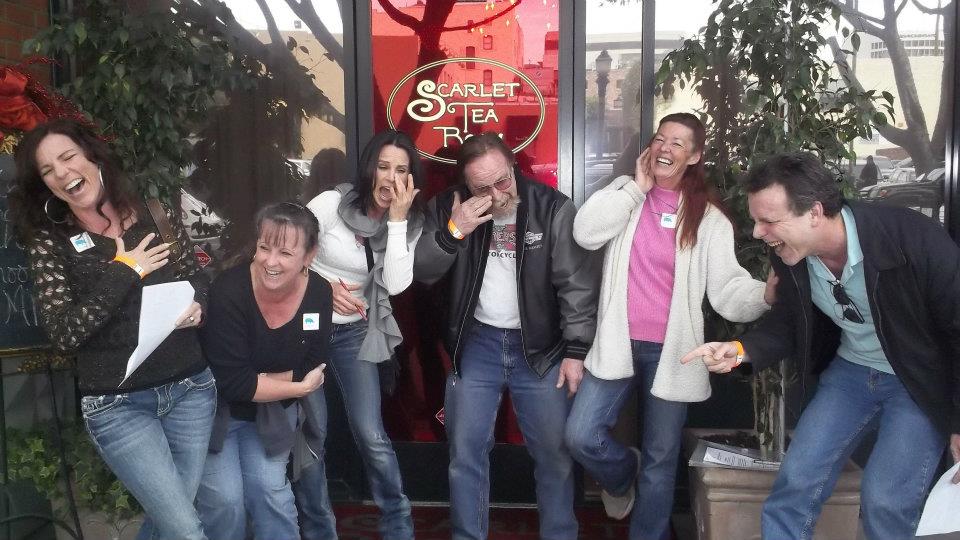

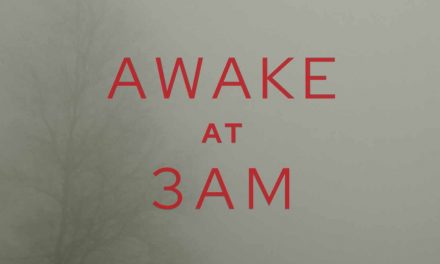
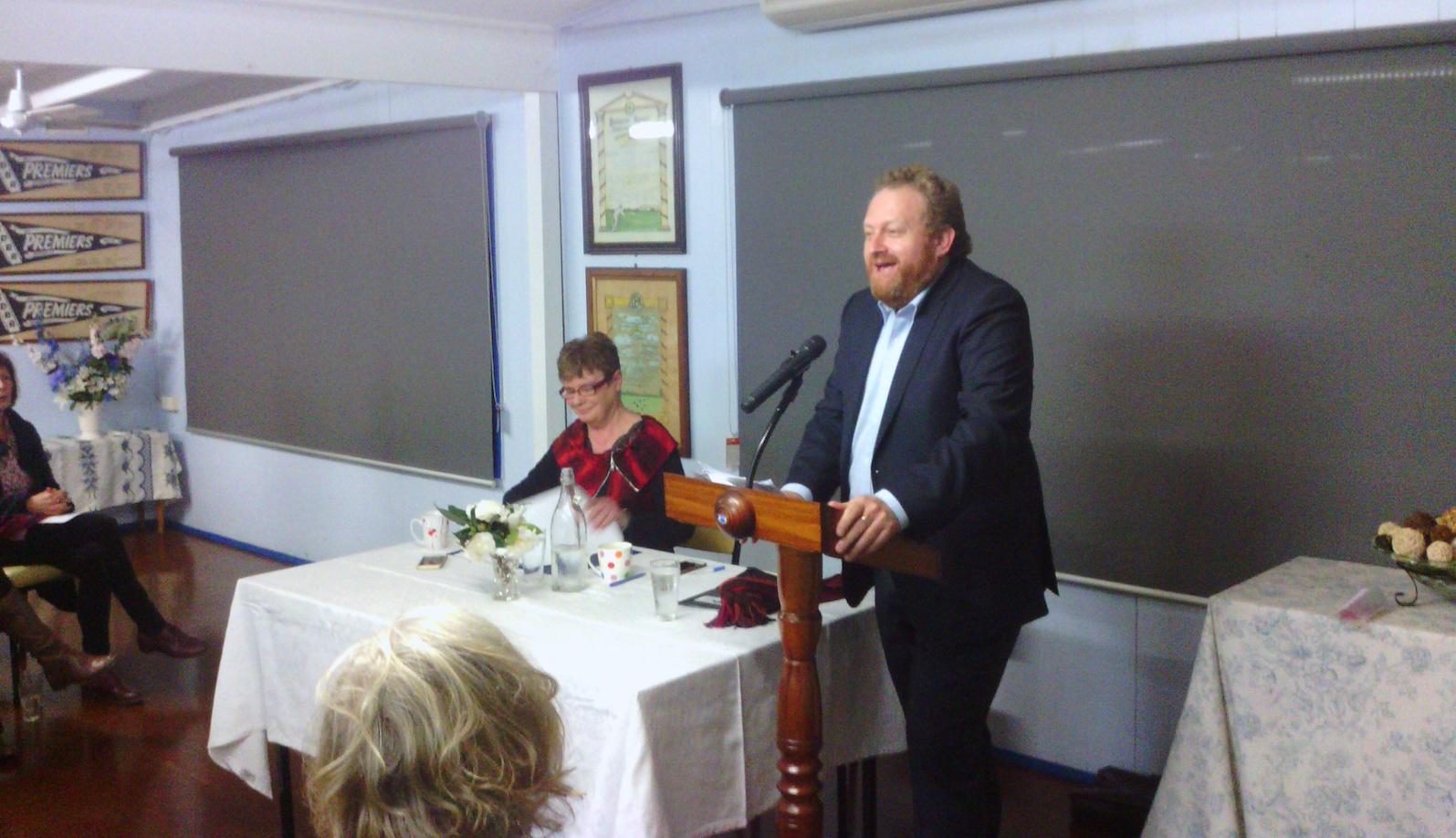



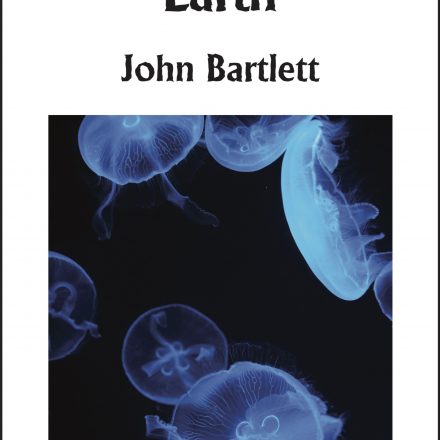

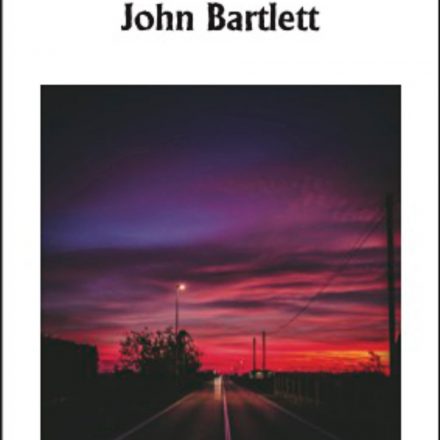
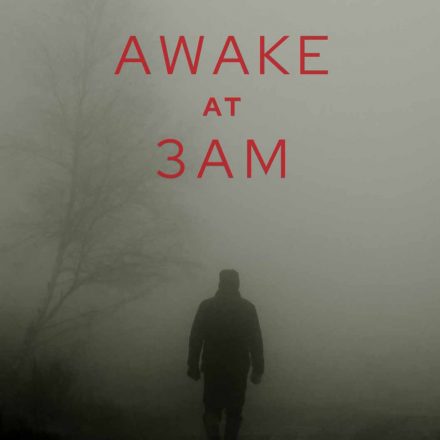
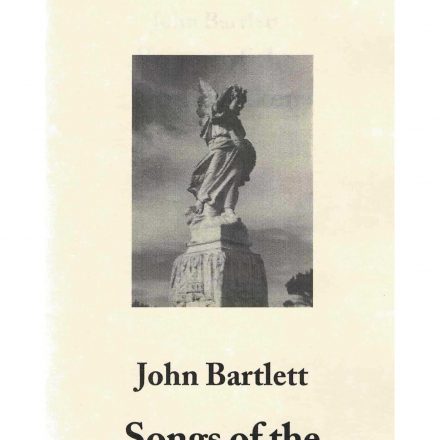

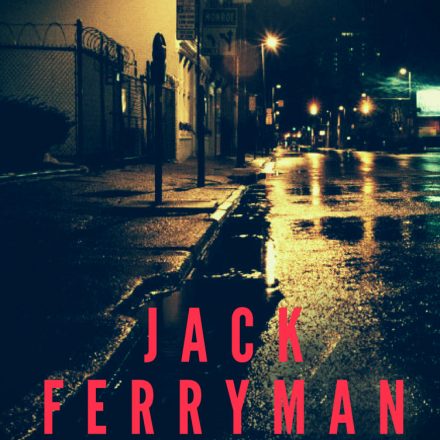
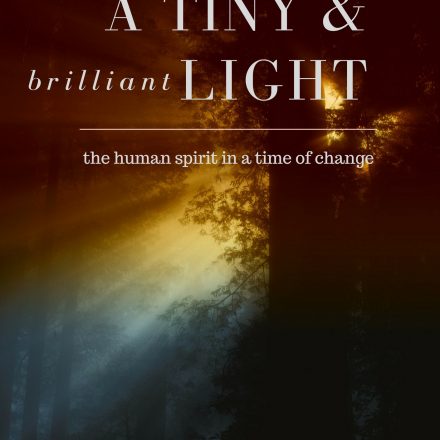










John, you have succinctly distilled the challenge:
“It’s a tricky decision deciding when ‘free speech’ slides into abuse or hate speech.
…
Minorities might have a different view about what’s funny. … It’s often a different story for those with little power.”
And yes, you and I are well acquainted with “Many of [the more powerful religious institutions] have lost their moral high ground, by not following the religious strictures they preached. They should be ridiculed for this and humor and satire is a pretty gentle means of attack.”
More power to your pen!
Cheers, Ian
Hey John, I like these thoughts. I hadn’t considered the aspect of imposition before.. my thinking stopped at “fanaticism is almost always bad” (trying to keep away from absolutism myself.. hence the “almost”!) Thanks for sharing. I think I need to have a bit of a laugh.. maybe laugh the roof off. Thanks for your contributions to conversation…
Ian, I think you have raised some important issues in your response which should not be lost in the enthusiasm for free speech.
It’s a tricky decision deciding when ‘free speech’ slides into abuse or hate speech.
When is smart humour just abuse in masquerade?
When do we cross the line into vilification?
Minorities might have a different view about what’s funny. Those who enthuse for widespread freedom of speech usually do not belong to minorities. It’s often a different story for those with little power.
Minority groups do fight back. Gay groups have taken the formerly derogatory term ‘poofter’ and used it to describe themselves, thus leaching some of the insult from the term. Maybe this is possible in Western societies but not so possible for gay groups in some African countries where the death penalty for homosexuality still stands.
Last year’s discussion, as you say, about amending Section 18C of the Racial Discrimination Act, to remove ‘offend, insult, humiliate’ from the list of unlawful activities was resisted quite correctly by many representing minority groups.
I do think however that more powerful religious institutions are different and need to grow a thicker skin and accept some of the fun poked at their obvious anomalies. Many of these have lost their moral high ground, by not following the religious strictures they preached. They should be ridiculed for this and humor and satire is a pretty gentle means of attack.
These questions of free speech are complex and need a lot of discussion.
And on the overnight demonstrations for peace in Paris, commentators are pointing out that it’s pretty ironic that at least three of those leading the march represent nations involved in arms sales. Maybe the leaders should have stayed home and let the people march. After all it’s usually the people who do the leading.
Thanks John for this post, celebrating the role of humour in our lives, which helps us enjoy life by not taking it too seriously. I agree with everything you say, but only in the context of humour at the expense of your own people. The difficulty arises in a culturally diverse society where some members of minority groups do not feel secure in their place in society.
Indeed, the savage murder of the Charlie Hebdo cartoonists was a loss of talent, a tragedy and a despicable crime. But I believe it occurred not because of the inability to laugh but because some (perhaps many) of the Muslim minority in France were offended, not so much by the simple imaging of Muhammad but by the particular images presented and the context in which they were presented.
Laughter and religion definitely can coexist – but making fun of another group’s religion is usually taken as an offence. Laughter and Islam can coexist for those Muslims secure in their place in society. “Legally Brown” in Australia and “Allah Made me Funny” in USA are proof of this – but in both cases you have Muslims making fun of their religion, their own community. Jewish jokes are much enjoyed by the Jewish community in Australia, USA and Europe, but they see jokes about Jews, made by non-Jews, as anti-Semitism. The Charlie Hebdo cartoons of Jews were no different in depiction of ‘the Jew’ than depiction in 1930s German press. Happily, the long-established Jewish community in France is very French; generally they are not an immigrant group; they feel secure as part of the general society.
French law emphasises freedom of speech over social harmony, freedom of speech including freedom to offend. Unfortunately some individual Muslims, although French by birth, feel so much excluded from society that violent attack against the general society is a plausible response to their being offended by what they see as an attack on the sanctity of their prophet.
Australia, also a culturally diverse society, uses law to constrain comment which could be offensive to particular groups in society. During last year’s discussion about amending Section 18C of the Racial Discrimination Act, to remove ‘offend, insult, humiliate’ from the list of unlawful activities, the Federation of Ethnic Communities’ Councils of Australia and the affiliated community councils argued unanimously for retention of those words to better facilitate integration of Australian society. The amendment was postponed, not discarded. We can only hope that the feelings of the indigenous and immigrant communities are taken into account when that amendment is re-tabled.
Thank you John. I am still left wondering. It is a fine line between satire and offensive insults. We Christians reverence the name of Jesus, and when it is used in ‘swearing’ or in comedy in an unnecessary way, it does cause me to wince.
If I have freedom to say whatever I want, then that must be a universal right – and so everything that a Muslim or Hindu or Buddhist says against any other faith or culture has to be accepted by me. But there are also principles of human decency and respect which are universal. Working to promote those principles seems the best way to go.
The murders in Paris were a great offence against those killed, their families and humanity. But sometime, somewhere, somehow, that vicious and evil cycle of intolerance, hated and murder must be broken.
We Christians in past times,and in not so distant times, acted with the same evil at the extremists – Crusades against the Muslims, expelling Jewish people from Christian countries, Catholic v Protestant in Ireland, Orthodox against Catholic in the former Yugoslavia. So many terrible examples.
Hopefully in our age Christians have finally learnt that you can kill no one in the name of God, whatever religion you belong to. The need to ‘love your enemies’ as Jesus instructed, needs enormous courage and fortitude, which thankfully we see in the heroic lives of individuals.
Satire by all means. But let us have the wisdom to know when we are about to cross the line and sink into cruel and unnecessary insults of individuals, faiths or cultures. We do not need to be the promoters of bigotry.
Good balanced article John. I’d like to mention it and give the link to your blog on our website here in Northern Victoria.
Well done
Thanks John. If one is strong and true to oneself, it does not matter what anyone says. Belief as we discussed in the past is a private and internal matter, and one should not impose or force one’s values and belief on others. Thanks for the well written blog.
Congratulations John. It’s a pity the “other side” cannot see a joke for what it is. Sometimes the joke may get close to the bone,
and if it fits, just wear it, instead of going out and killing people in the name of their prophet.
Thought your blog was spot on.
Regards,
Terry